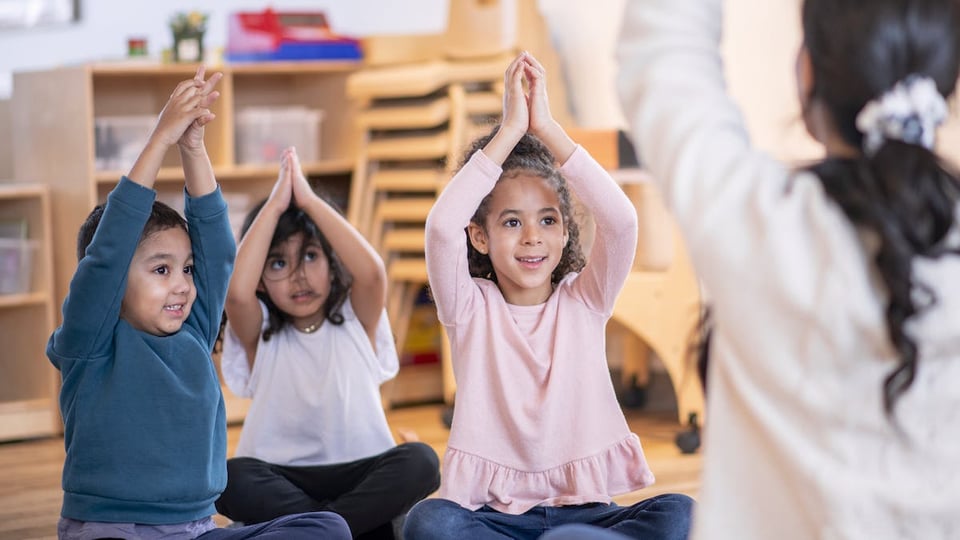Effective Treatment for Sensory, Motor and Cognitive Challenges
Lisa Irvine, MS, OTR/L
Includes all course content in digital format
Prerequisites Required
Description
Individuals with Autism Spectrum Disorder (ASD) and Intellectual Disabilities (ID) present with problem behaviors at high rates. Problem behaviors such as self-injury, aggression, pica, disruption, and elopement result in a diminished quality- of-life for the individual and family. Recent evidence indicates yoga and mindfulness is an effective intervention in improving behaviors and gaining engagement with this unique population.
In this course, participants will examine the benefits of using yoga and mindfulness as a modality for individuals with autism spectrum disorder, ADHD, sensory processing disorders and other neurodevelopmental disorders and how to properly integrate it into any setting. Participants will gain techniques to improve strength, self-awareness, focus, and regulation while promoting well-being. Participants will be able to utilize yoga as a therapeutic tool for intervention when they return to their clinic, school, or practice setting.
Highlights
- Effective yoga and mindfulness strategies for individuals with autism spectrum disorder, ADHD, sensory processing disorders and other neurodevelopmental disorders
- Yoga, breath, and mindfulness techniques that individuals will enjoy and that will improve strength, reduce anxiety, improve focus, and body awareness
Learning Objectives
- Integrate yoga and mindfulness strategies to improve challenges within a variety of settings.
- Apply therapeutic breath and relaxation programs that spark creativity and improve focus, attention, and body awareness.
Course Content
| Effective Treatment for Sensory, Motor and Cognitive Challenges | SCORM Package | ||
| Next Steps | Module |
- Yoga and Mindfulness Techniques
- Self-body awareness
- Improving focus
- Calming the mind
- Listening
- Stress reduction
- Behavior Improvement
- Easily Integrating Yoga and Mindfulness into any Setting
- Creative ways to improve participation in group recreational activities in live and virtual sessions
DISCLOSURES
FINANCIAL: Lisa Irvine is compensated by Summit as an instructor and for work at the New England Center for Children.
NONFINANCIAL: Lisa Irvine has no nonfinancial relationships to disclose.
Click here to check accreditation for this course.